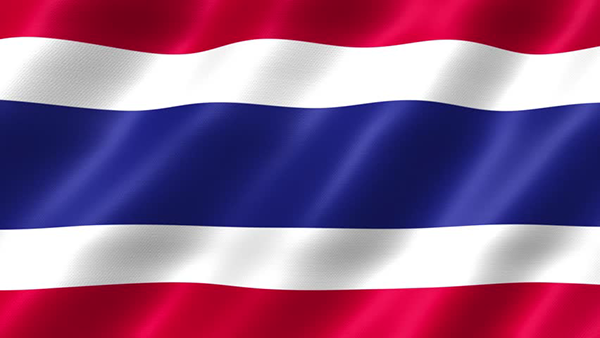More than 120,000 individuals have registered to cultivate hemp and marijuana after new rules for cannabis went into effect last month in Thailand, according to the country’s Food and Drug Administration (FDA).
The new rules allow private growing through a simple online registration platform hosted by the FDA. The initial volume of registrations caused the agency to set up a second registration app, FDA Secretary-General Paisarn Dunkum said.
Private growers must only register their intentions, and need not seek further permission, allowing them to cultivate and process hemp and marijuana for health aids and traditional medicines, and hemp for industrial applications.
Pot smoking discouraged
Production of extracts containing more than 0.2% of THC requires permits under relevant laws before they may be included in final products. The sale of all cannabis to youth under 20, pregnant and breastfeeding women, and other groups specified by the Health Ministry, is prohibited.
Health officials are urging Thais to refrain from recreational smoking, stressing cannabis’ medical applications and its potential as a cash crop. The health ministry has warned that persons caught smoking marijuana in public can still be charged with a crime that carries a fine of up to $700 and potential jail time of a maximum three months.
Commercial hemp and marijuana growers must apply for permits. Several companies announced plans to develop CBD businesses after hemp and marijuana were removed from the country’s list of dangerous drugs under the changes that took effect last month.
Commercial rules
For commercial producers, rules for investment, sales and imports are highly restrictive and give only Thai interests the chance to establish operations while holding off international producers from the country’s consumer market of 70 million people. Foreign interests are blocked from direct participation in approved cannabis businesses, and the import of hemp products is allowed only for research purposes. Those restrictions are to be dropped in 2024 when the market is set to open more broadly.
Thailand took its first step toward decriminalizing cannabis in 2019 when the government allowed marijuana to be grown and used for medicinal purposes. Later changes cleared the way for the processing of cannabis flowers after the government in late 2020 started allowing manufacturers to produce hemp seed oil- and extract-based cosmetics, and products from plant stalks. Hempseed oil derivatives for use in food and drinks were approved last year.
Avant-garde
Thailand is the first country in Southeast Asia to decriminalize all forms of cannabis, and one of only a handful of nations that have set the THC level for hemp “on the field” at a full 1.0% by dry weight. Most countries observe 0.3% THC as the delineation between high-THC marijuana plants and industrial hemp.
Thai hemp strains are considered to have high fiber quality while levels of THC and CBD are low. Yet research on local varieties is scant, and needs to be expanded, the government has said.

